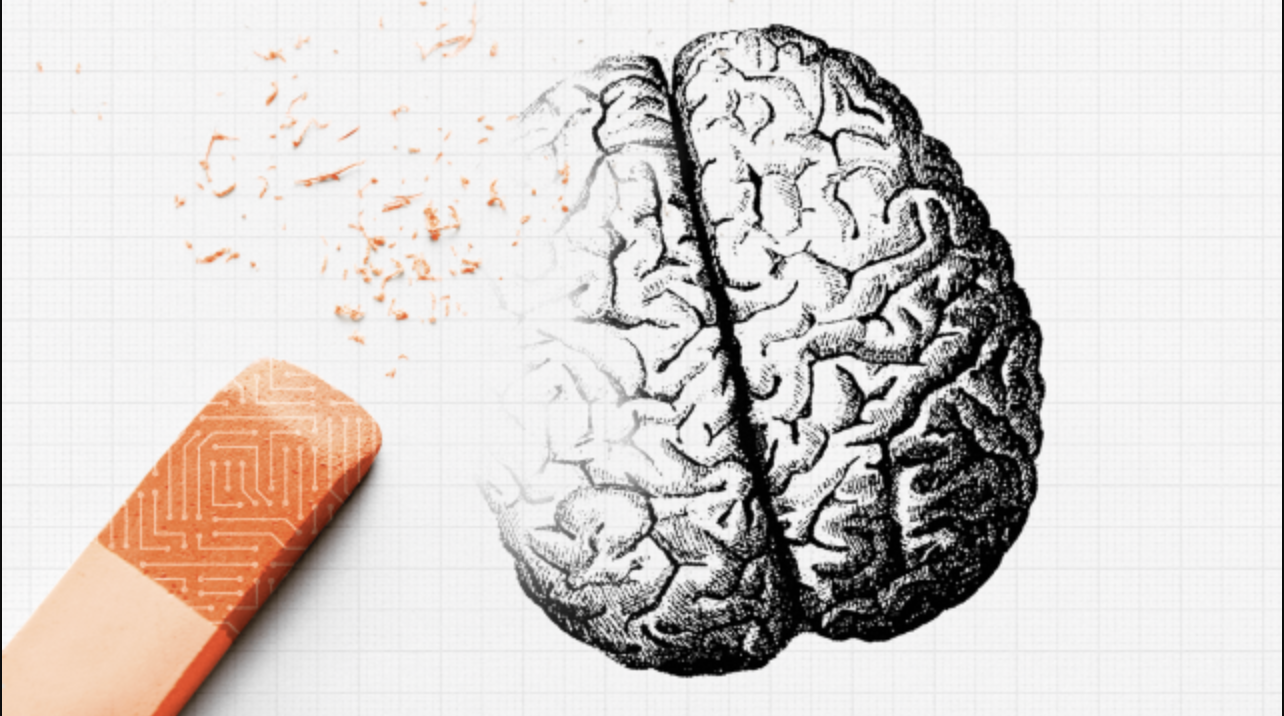
Study Reveals ChatGPT Lowers Brain Engagement and Learning: A new study from MIT’s Media Lab raises alarms about how ChatGPT and generative AI may harm users’ critical thinking and learning. Researchers tested 54 participants aged 18 to 39 from Boston, dividing them into three groups.
Each group wrote SAT-style essays using either ChatGPT, Google Search, or no tools. Brain activity was tracked using EEG during the tasks. The group using ChatGPT showed the lowest levels of neural engagement, creativity, and effort.
Lead researcher Nataliya Kosmyna stressed the importance of releasing these findings quickly. She warned against rushing AI into early education due to its negative impact.
Teachers described essays written with ChatGPT as unoriginal and lacking soul. Brain scans showed low activity in areas responsible for memory, creativity, and meaning-making.
Participants writing without AI had the highest brain connectivity and engagement. Those using Google Search also performed well and felt more satisfied.
When asked to rewrite essays without AI, ChatGPT users struggled to recall their own work. Their brain activity remained weak, indicating shallow learning.
However, participants who first wrote essays independently and later used AI showed improved brain function. This suggests AI may help learning if used after building foundational thinking skills.
Kosmyna’s team is now exploring AI’s effects on programming skills. Early results hint at even greater cognitive decline in these areas.
Experts like psychiatrist Dr. Zishan Khan warn that overdependence on AI risks weakening memory, resilience, and overall brain development, especially in youth.
Ironically, many online summaries of this study were created using AI tools themselves. The research highlights risks of shallow thinking tied to heavy AI use.
As AI becomes more common in education and work, the study urges careful evaluation, legislation, and thoughtful integration.
While AI can offer useful support, overreliance may harm critical thinking and creativity. Users should focus on developing core skills before turning to AI help.
Educators and policymakers must balance AI’s benefits with its risks to protect long-term cognitive health.
This post was published on July 3, 2025 3:28 pm
Galaxy Z Flip 7 FE Leak Sparks Excitement Ahead of July Launch: Samsung may be preparing to shake up the…
PNB Waives Minimum Balance Penalty for Savings Accounts: In a major move toward inclusive banking, Punjab National Bank (PNB) has…
Bihar Stipend Scheme - New ‘Mukhya Mantri Pratigya’ Stipend Scheme Offers Financial Aid to Interns : The Bihar government unveiled…
Government Considers Cutting or Removing 12% GST Slab : The Indian government is exploring a plan to ease the tax…
MoRTH Approves Use of Private Motorcycles for Commercial Ride and Delivery Services: In a major move toward shared mobility, the…
Mahindra is back with a bold new teaser, this time revealing glimpses of its upcoming Vision.T concept SUV. The company…
This website uses cookies.
privacy policy